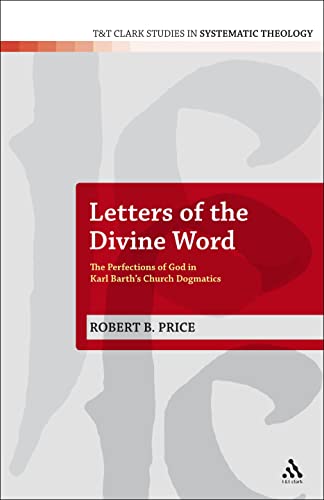Logos Bible Software has recently teamed up with Concordia Publishing House and Fortress Press to bring what is currently the largest collection of Martin Luther’s works to Logos 4. This collection is a welcome addition as it had been a void when many of Luther’s previously available resources had become unavailable.
At fifty-five volumes and 22,446 pages, the print collection would look impressive on anyone’s bookshelf, but the print version would also set you back significantly at a retail price of $1,870. While there is still a market for printed books, students and scholars need to consider this collection in electronic format. The power at the user’s disposal, created by Logos’s ability to search and integrate such a large collection, is unprecedented.
These volumes are a great mix of different types of writings. They include Luther’s lectures, sermons, devotionals, and monographs. They cover a broad range of topics from eight volumes on the book of Genesis to an entire volume dedicated to liturgy and hymns. One of the volumes included that has served people well for quite some time now is Luther’s Table Talk. Many of the earlier print editions of Luther’s Works did not include this volume (vol. 54, p. xi).
The real power of this Logos edition lies in the ability to search the entire collection in seconds. The print version comes with an index. However, that index does not include every single word nor does it consider phrases. With this collection, you can search for any word or phrase, and the results are returned to you in a matter of seconds.
Consider the example of someone researching the topic of justification, something Luther wrote about frequently. You could go to the index (vol. 55) and look up the word and then have to comb through every single volume to look at each reference. However, with this collection in Logos, you can search for the term justification and immediately get a result of 727 occurrences in 514 different sections, occurring in every volume. Imagine the time saved by being able to scan through the results instead of having to search through each volume. The power of Logos is in the ability to search. Dozens of hours could be saved, and this is just one example. Other examples such as “papist” return results of 1,759 results in 50 different volumes. The time redeemed in searching is added time for research or sermon preparation.
As digital media continues to grow, collections like Luther’s Works will become more helpful. In Logos, when a source references another source you have in your library, the program automatically links you to the source so you do not have to find it yourself. This is another time saver, especially when more contemporary writers reference Luther. Cross-referencing sources has never been easier. And as Logos’ collection of historical theology grows, it is only going to make this edition of Luther’s Works more helpful.
Another helpful feature of Luther’s Works in Logos is the ability to access the collection with an iOS or Android device. Logos has worked hard to create a mobile app that allows you to take your library wherever you go. As you read and make notes in your mobile app in Luther’s Works, those notes and highlights are synced back to Logos’ servers, so when you look at the sources on your computer, the notes and highlights are exactly how you made them on your mobile device. Logos truly has created the finest portable library that can fit into your pocket.
I have been using Logos on and off for the last twelve years. When I switched to using an Apple computer, I quit using Logos because the Logos experience on a Mac was simply unhelpful. Now that Logos has demonstrated they can handle multiple platforms and are committed to developing for PC’s, Mac’s, and mobile devices, I have been back using Logos daily for the last three years. The platform has changed the way I research and study and in the process has saved me countless hours I can put back into my pursuits. The benefits of owning Luther’s Works in Logos far outweigh the benefits of owning them in print. Luther’s Works is a valuable addition to Logos and will be helpful to anyone considering the topics the reformer addresses.
G. A. Dietrich
G. A. Dietrich
Northland International University
Dunbar, Wisconsin, USA
Other Articles in this Issue
The gist of this new book by Peter Enns is that evangelicals should revise their expectations of Genesis and Paul—with reference to Adam and the fall—in order to relieve perceived tensions between Christianity and evolution...
In June 2011, the Presbyterian Church in America (PCA) passed an overture entitled, “A Call to Faithful Witness...
I was very grateful to David for sending me a copy of his essay before publication...
Is it stating the obvious to say that a children’s bible is not a Bible? Perhaps...
Sacramental Supersessionism Revisited: A Response to Martin Salter on the Relationship between Circumcision and Baptism
by David GibsonMartin Salter has recently argued that Reformed paedobaptists are mistaken in citing Col 2:11–12 ‘as evidence that baptism replaces circumcision as the covenant sign signifying the same realities...






